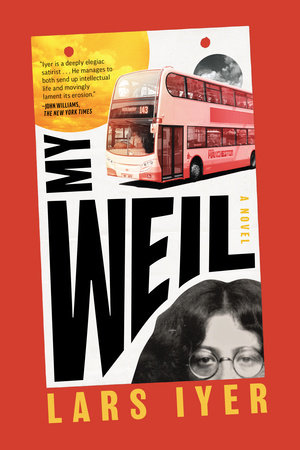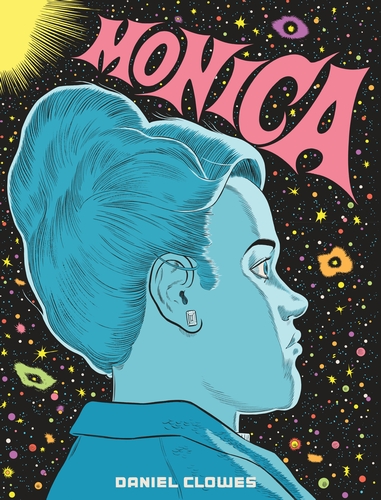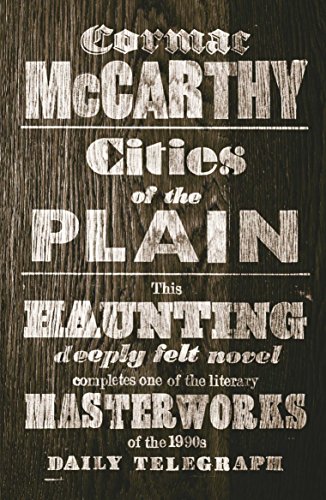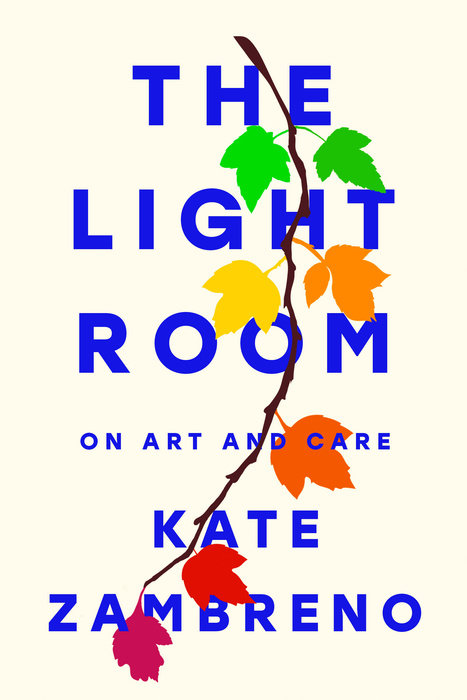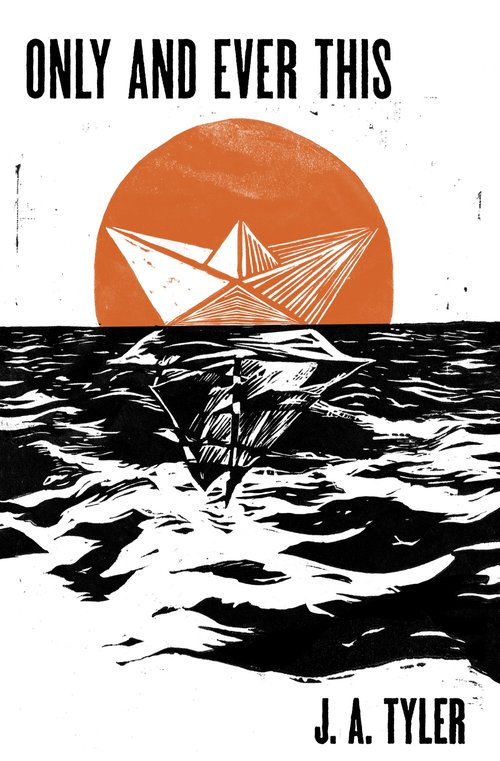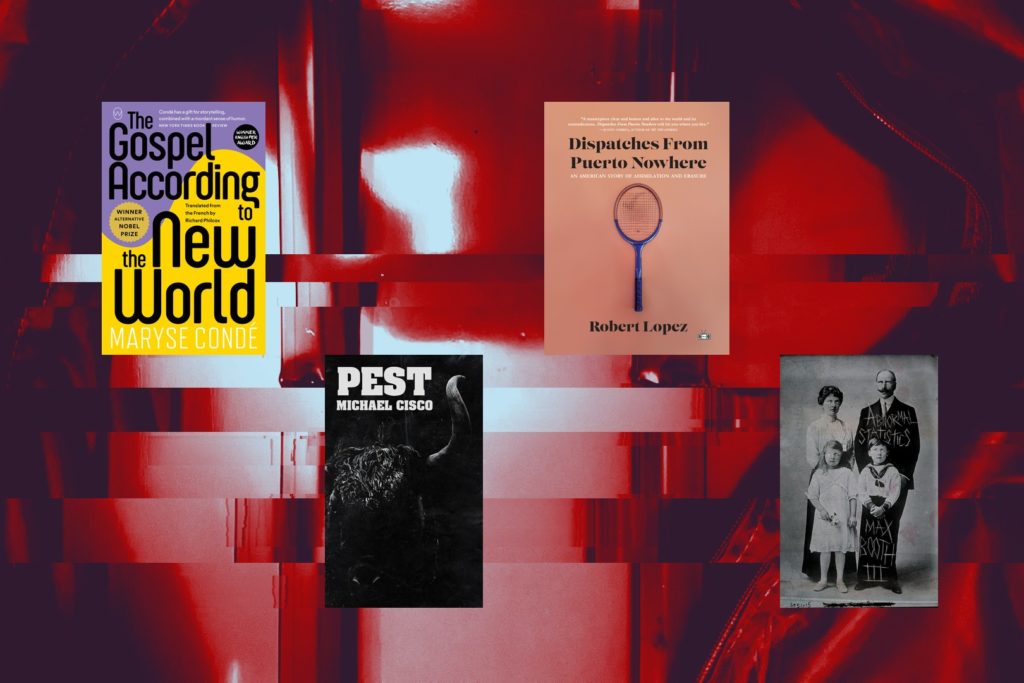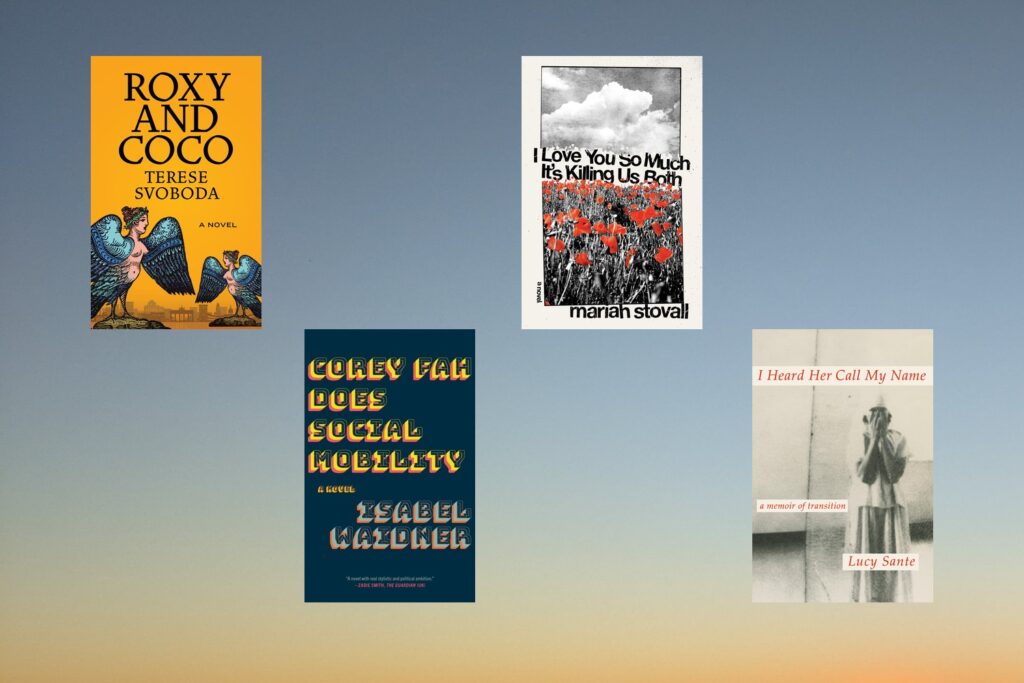
We’re not going to lie: we’re pretty excited for what February has in store for us, books-wise. (We’d even think this if one of our editors didn’t have a novel due out in the second month of 2024.) This month has it all: new books by longtime favorites, a terrific example of punk lit, and a thoughtful work on the state of labor to cap it all off. Here’s a glimpse of what we’re excited about circa now.

